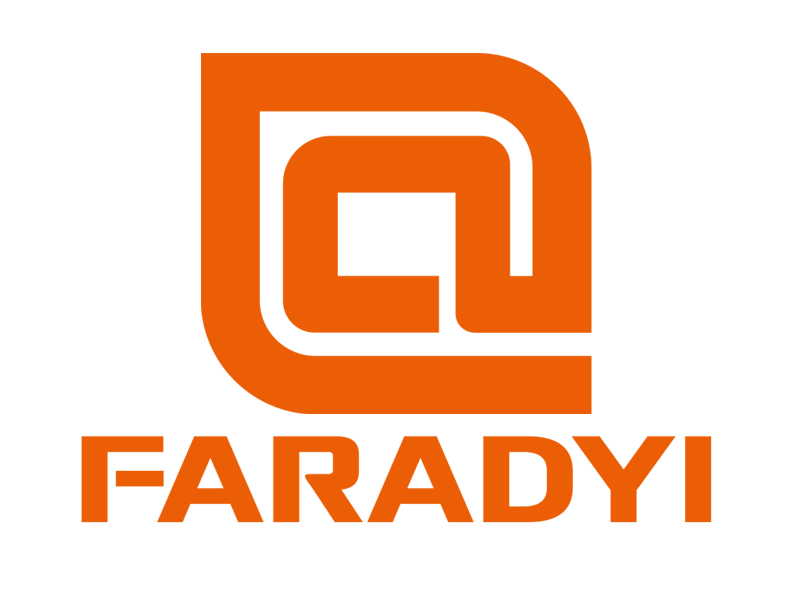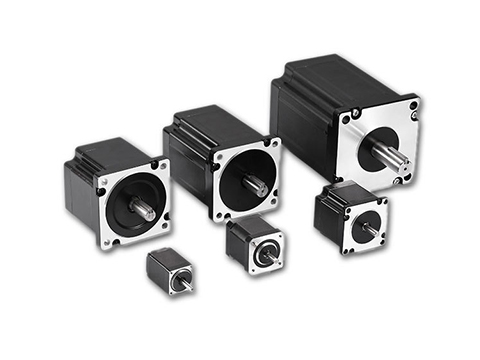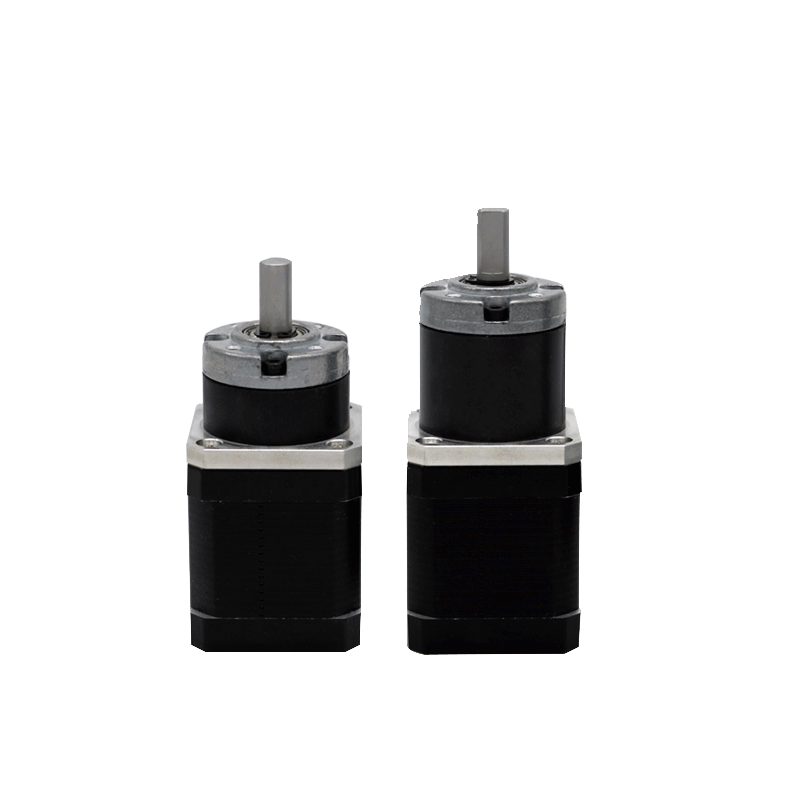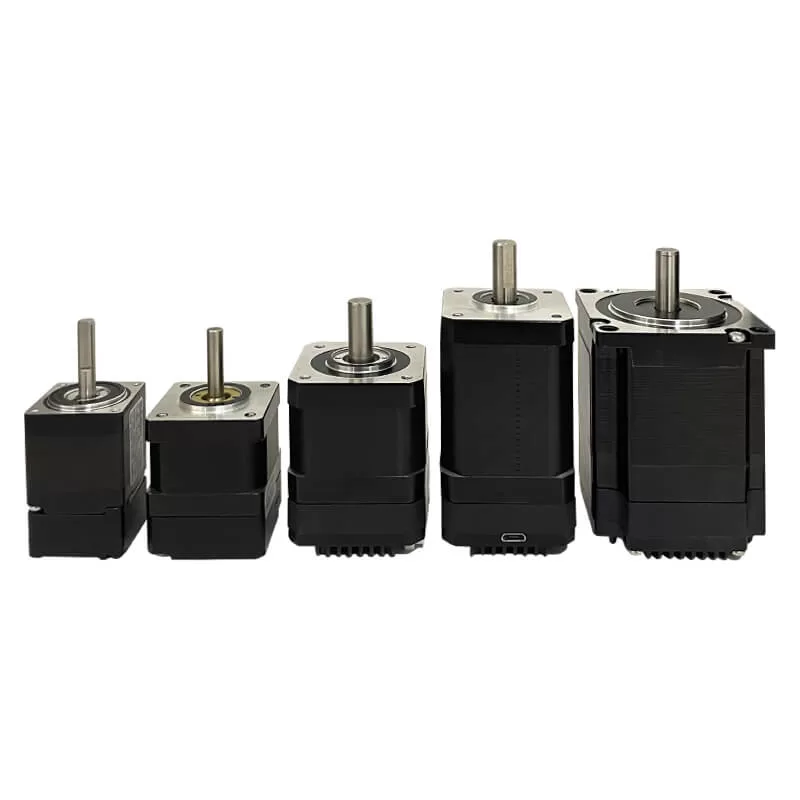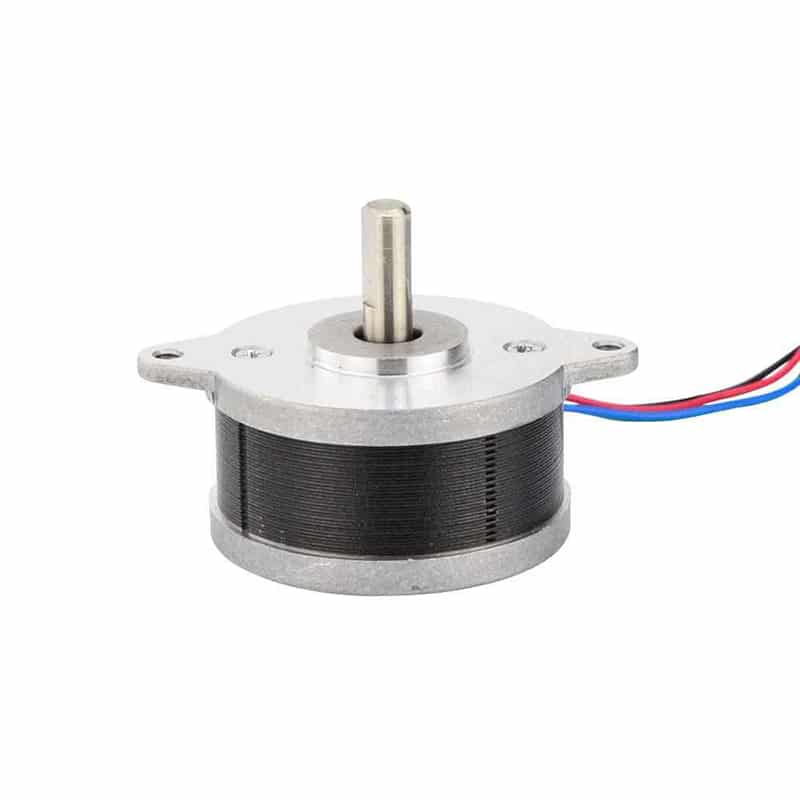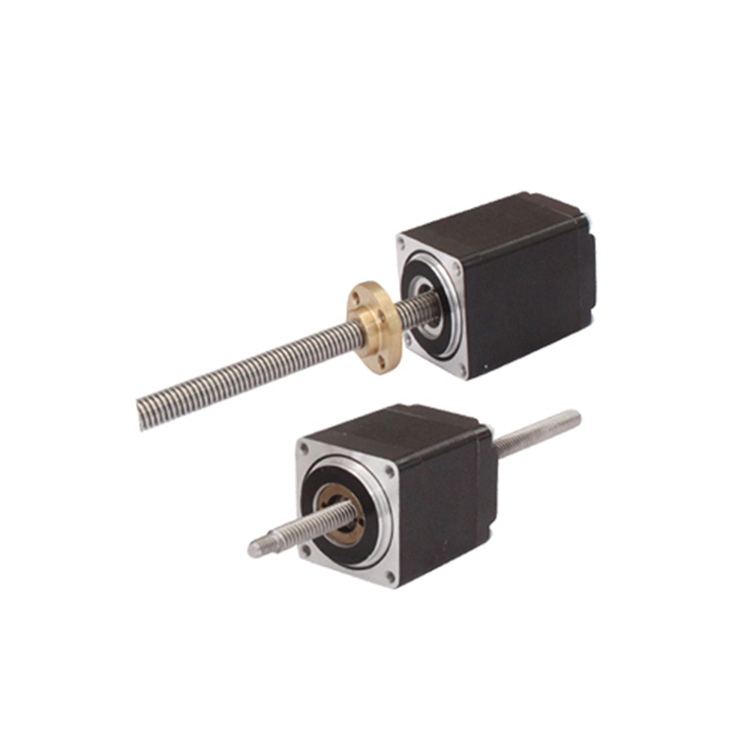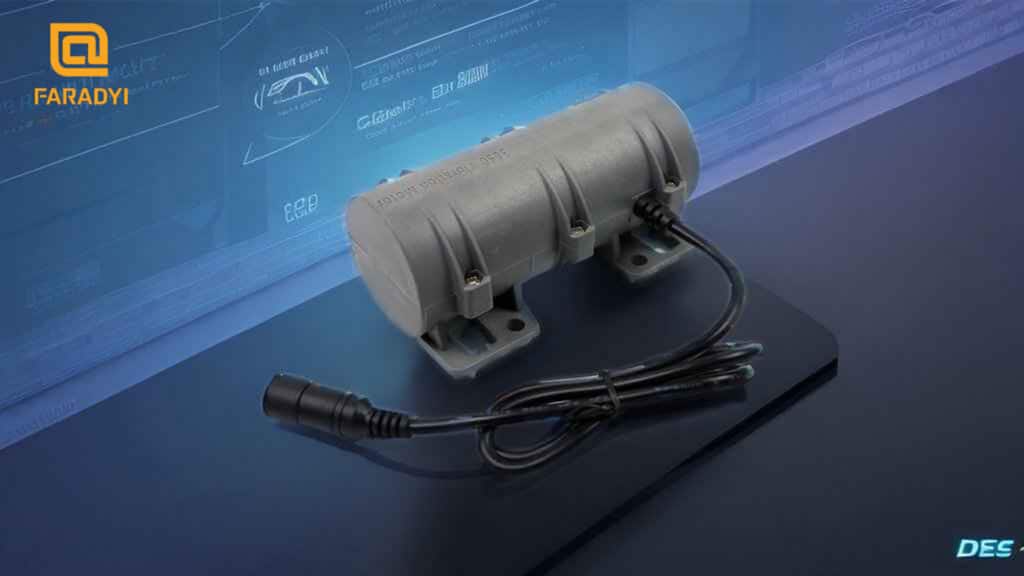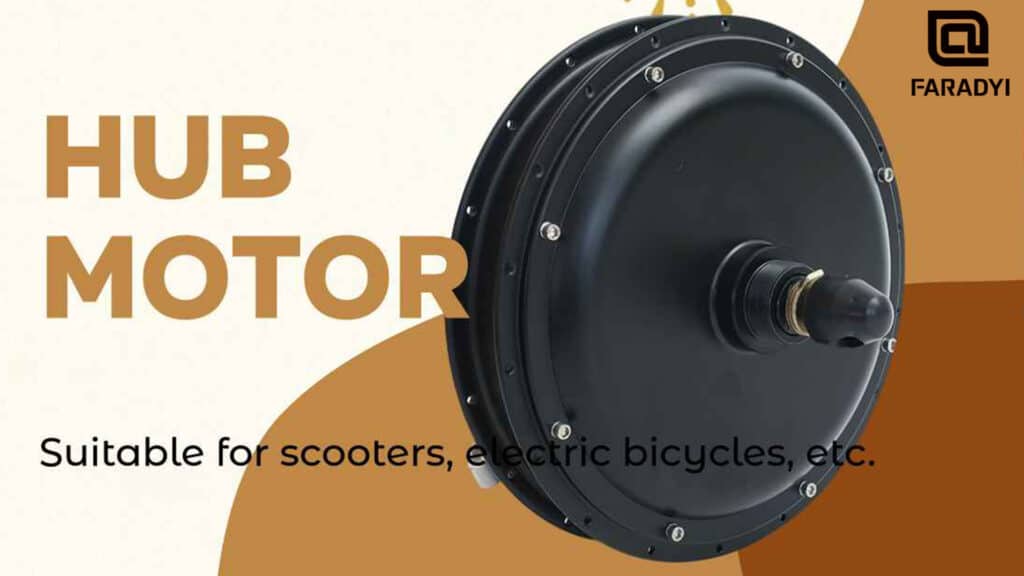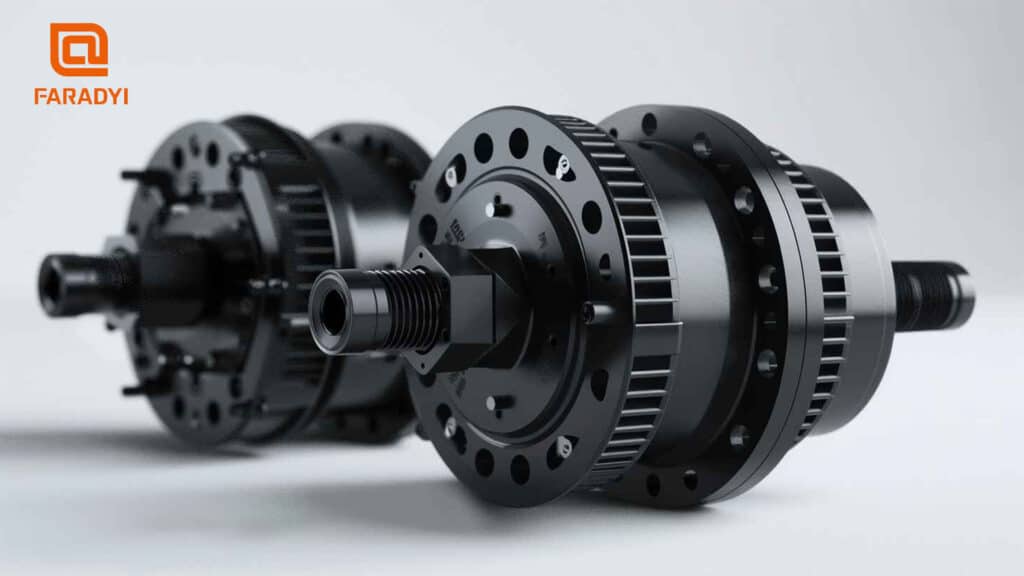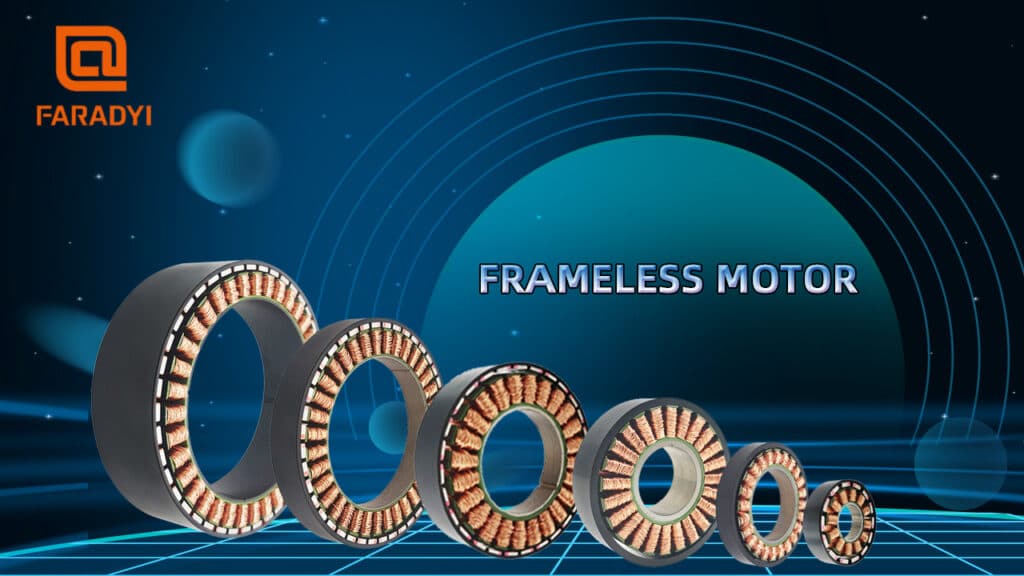Stepper Motors are open-loop control motors that convert electrical pulse signals into angular or linear displacement. They are the main executive components in modern digital program control systems and are widely used. They are a special type of brushless DC motor, with the electromagnetic coils arranged externally and a core of iron or magnet attached to the shaft at the motor’s center. By sequencing the coil voltages, precise rotational control can be achieved at relatively low cost. Control is typically open-loop, so the system is unaware if the motor stalls or loses synchronization with the controller.
Advantages of Stepper Motors:
Stability:
Can drive a wide range of friction and inertia loads.
No Feedback Required:
The motor itself serves as a position sensor.
Cost-Effective:
Cheaper compared to other motion control systems.
Standardized Frame Sizes and Performance:
Easy to integrate into various applications.
Plug-and-Play:
Easy to set up and use.
Safety:
If any part of the system is damaged, the motor stops.
Long Lifespan:
Bearings are the most prone to wear.
Excellent Low-Speed Torque:
Can drive many loads without gears.
Outstanding Repeatability:
Accurately returns to the same position.
Overload Safety:
The motor cannot be damaged by mechanical overload.
Disadvantages of Stepper Motors:
- Low Efficiency: Consumes significant power regardless of load.
- Rapid Decline in Torque with Speed: Torque decreases inversely with speed.
- Low Accuracy: 1:200 at full load, 1:2000 at light load.
- Prone to Resonance: Requires microstepping for smooth movement.
- Lacks Feedback Output: Missed steps cannot be detected.
- Low Torque-Inertia Ratio: Cannot accelerate loads quickly.
- Can Become Very Hot in High-Performance Configurations: Efficiency decreases with increased heat.
- Does Not “Restart” After Momentary Overload: Requires manual intervention.
- Can Generate Significant Noise at Medium to High Speeds: Especially audible.
- Low Output Power for Size and Weight.
This comprehensive analysis outlines the advantages and disadvantages of stepper motors, aiding in understanding their suitability for various applications.
Contact Us
For inquiries or assistance with stepper motors and other motion control solutions, contact Faradyi Motor Co., Ltd, a leading high-tech enterprise specializing in the development and production of high-performance, high-quality DC brushless motors, DC servo motors, stepper motors, and associated driver controllers for global industrial automation.
